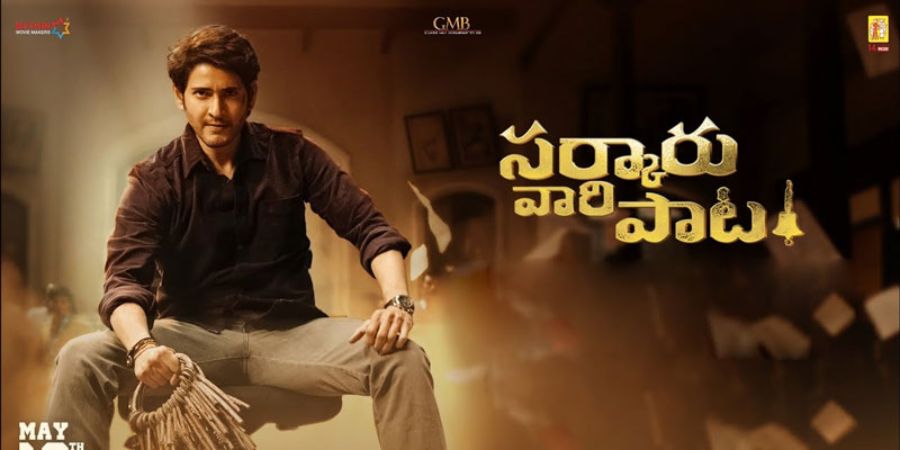

Sarkaru Vaari Paata Story: Moneylender Mahi is scammed in the United States by a gambling addict named kalavati.

While coming to India to collect his debt, he decided to stay in India and contribute to the financial health of the country.
Sarkaru Vaari Paata Review: Parasuram Petla's last film Geetha Govindam, a romantic comedy of his, was a big hit but didn't seem to understand the concept of consent. Now, his mass entertainer, Sarkar Vali Pata, oscillates between go-anything commercial films and films that try too hard to evoke sympathy for some of the supporting characters.

Mahi (Mahesh Babu), a moneylender and debt collector, has a sad story. Despite his tumultuous past, he made a name for himself and founded his own financial company in America. Though easy-going and easy-going, he also tends to stalk people who owe him money anywhere in the world, regardless of the amount. use his skills. She wears a pretty sari, flowers in her hair and walks into his life with her book in hand and pretends not to be a real gambling addict.

The red flags she emits can be seen from a mile away from her girlfriend Kishore (Bennerakishore), but Mahi loves seeing them and finds it easy to fool him. I'm here. When reality strikes, he sees no choice but to head to Vizag to collect the debts he has accumulated from his father, a politician and tycoon name Sarkar Vali Pata suffers from a lack of focus when it comes to the tone of the film.

Yes, yes, that's how commercial cinema works - a little bit of everything - but what if none of these tracks seem to reach the potential they have? The love story, apart from Kishore's character, provokes genuine laughter in the first half of the film, while the action sequences, including the latter track, elicit unintentional laughter. Love quickly turns to harassment, with Mahi hopping between capsized boats and hooking up with a stranger at the airport. It's all going well, but he also finds it problematic to hit people (including Keerthy and Brahmaji) and infantilize his supposed girlfriend. Parasuram also plays a disabled person for unnecessary sympathy. The VFX and green screen work could definitely have been improved.

The film has a social message to support it. What begins as a love story turns into a needless ego-war between two men and quickly devolves into a small revolution in the banking system: exploitation. The message Parasuram chooses is valid and even relevant. There is, but he makes the odd choice of choosing the "tell and don't show" option, and Mahesh provides a lengthy dialogue. These plot points actually require more screen time than specified. I have to admit that it's refreshing to see the protagonist wanting the antagonist to learn a lesson and be part of the solution instead of just dying.


